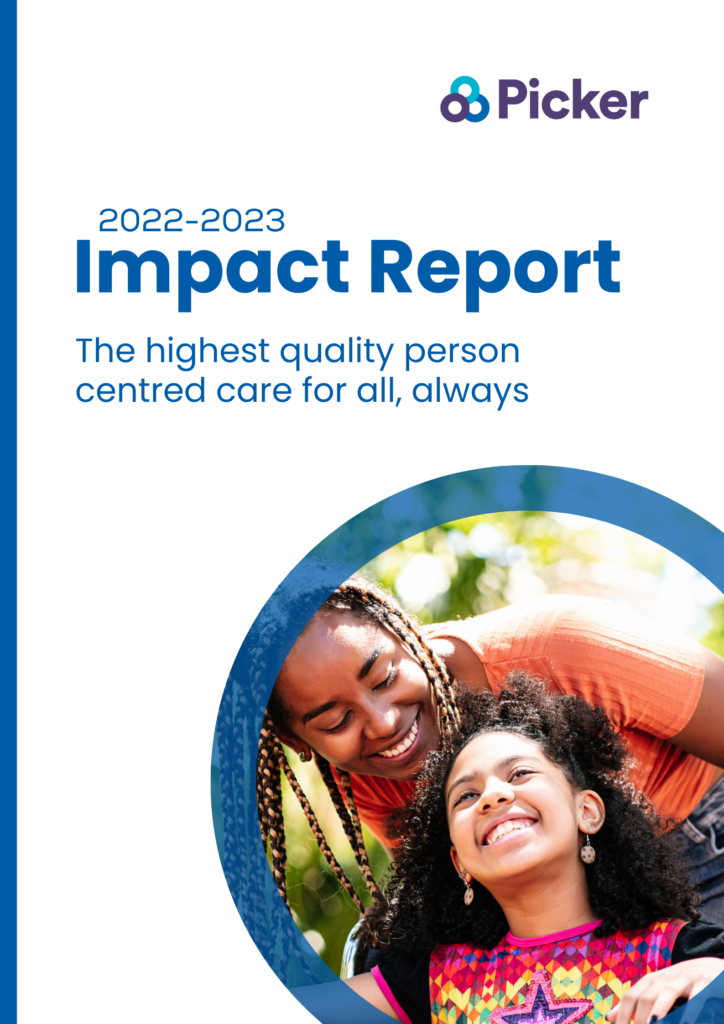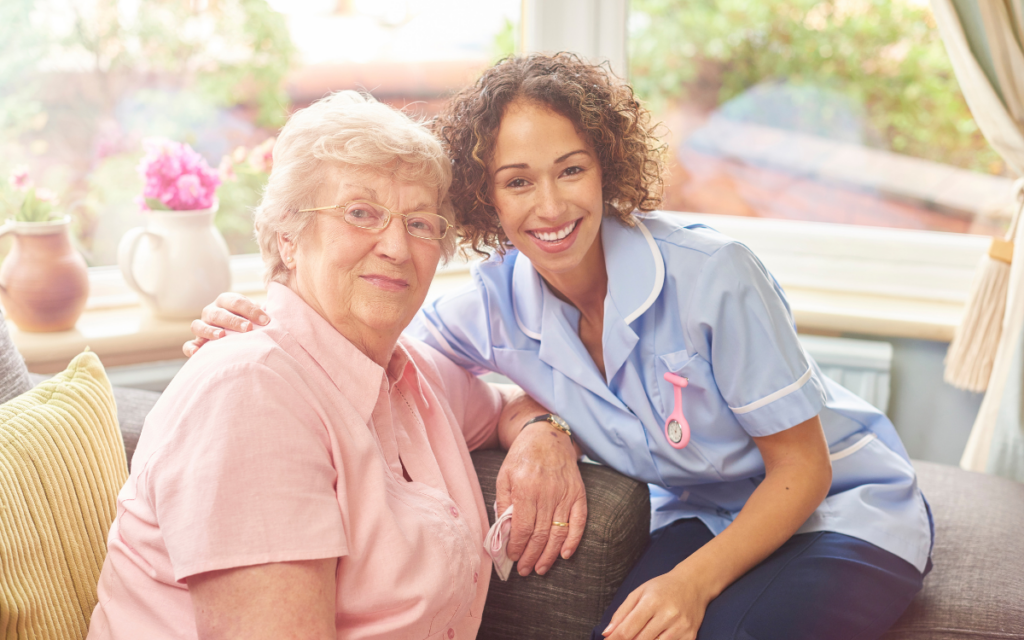What has been the impact of COVID-19 on maternity care? Part 1 of 2
In this two-part blog, Katie Daly compares her experience of maternity care last September to another Mum’s, Jen*, who had her baby in March this year. In this, Part 1, we start with Katie’s story and Part 2 follows Jen’s story.
*Jen’s name has been changed to protect her identity.
It’s a strange thing, knowing what day it will be that you will meet your babies. Most mothers I know have that nervous couple of weeks of anticipation, only to be woken up at 2am ‘feeling funny’ then often waiting another two painful days to meet their child.
For us, with an identical twin pregnancy with a shared placenta and twin one settled ready to shoot out bottom first, our experience was very different. We agreed with our lead consultant in our last of many, many scans that it was safest for all to have a planned caesarean. This was an informed decision I got to make with medical advice from some of the top consultants in the country.
Therefore, I spent most of the final few weeks of my eight-month pregnancy (mercifully short in hindsight, but actually quite long for a twin pregnancy!) lying down waiting for my due date. We had a countdown on our kitchen chalkboard for the day we would meet our little girls.
On The Day, we went to the John Radcliffe Hospital, Oxford at 6.30am and were greeted by a cheery midwife. We settled into the ward to wait for our turn, anticipating a fairly chilled out morning before we went for my scheduled caesarean.
The reality was a little different though as I had unwittingly gone into labour and twin two was in distress. This sounds bonkers, but by then, I was used to being in so much pain from carrying two babies that I hadn’t noticed a difference! Therefore, my planned caesarean turned into a rushed and rather scary emergency one. My girls came screaming into this world within 20 seconds of each other, and my husband was by my side the whole time.
Once they were born, they passed their checks, and to our surprise and relief, there was no need for a stay in the Neonatal Intensive Care Unit (NICU). I had given birth to two tiny but perfectly healthy humans. The atmosphere in the theatre turned immediately into a little party. Everyone was so happy that the girls were ok, we were all in there for quite a while getting photos and cuddles. I have some amazing pictures and memories from that time and am eternally grateful to all the staff.
After the birth, I was wheeled to a recovery ward where I spent the day being supported with feeding my babies. I had a visit from the surgeon who did my caesarean; as a triplet (!) herself, she was very excited to meet my girls.
Eventually, we went up to the general ward where we spent precisely 15 minutes before, to my extreme relief, they found us a private room. The room had an extra bed, so my husband could stay until I was discharged. We hadn’t planned for this, but the next day my parents were able to come and meet their first grandchildren and bring us supplies.
I spent five days in hospital while my twin one was treated for jaundice, and I was monitored closely due to high blood pressure. It was extremely hard. I was exhausted, in pain and couldn’t get any rest due to constantly feeding my two very sleepy twins and being interrupted with medical checks every 20 minutes or so.
However, the staff were clearly in no hurry to discharge me and, in hindsight, I feel fortunate that we were all able to stay for those five days. My family came to see us twice during our stay, and my husband’s family came once. There was a social room on the ward where we met other new parents, including a couple we already knew from our National Childbirth Trust antenatal classes. Although the support we received on the ward was far from perfect, we had everything we needed. Once discharged we felt truly ready to go home and start being a new family of four (five, including the cat).
The day after we got home, two local midwives who I had met while pregnant came to the house to weigh the girls and remove my stitches. They then came every other day for ten days to weigh the girls and check for jaundice in twin two who was showing signs. There was a brief time where we were at risk of being re-admitted due to twin two’s jaundice but we fed, fed, fed her and the midwives upped their visits to every day to check on us. We didn’t have to be re-admitted and I believe that was primarily due to the extra support.
After those first 10 days at home, my health visitor came round to visit. She then came to see us again at six weeks and at 12 weeks. All these appointments were in my home at a time that suited me.
About two weeks postpartum, I was still in a lot of pain. I rang my GP and was given an emergency appointment that day. The GP diagnosed that I had an infection, and I was given antibiotics that cleared it up within three days. After this, I felt completely recovered.
For the first three months after the girls were born, I attended a baby weighing and breastfeeding support clinic at my local GPs almost every Wednesday. Through that, I met a lot of other Mums, as well as getting to know my local health visiting team really well.
I am not looking at this experience with rose-tinted spectacles; my experience throughout all this time was not without complaint. My time on the ward was, without a doubt, the hardest and most fraught period of my life. My husband and I felt very unsupported in all the nuanced differences new twin families have. However, it is in stark contrast to mothers who have given birth during the COVID-19 pandemic. Some have found that their birth partners have to leave directly after the birth, or their discharge is hurried to limit chances of infection with the virus.
Find out about our “New mothers’ experience” survey package.

